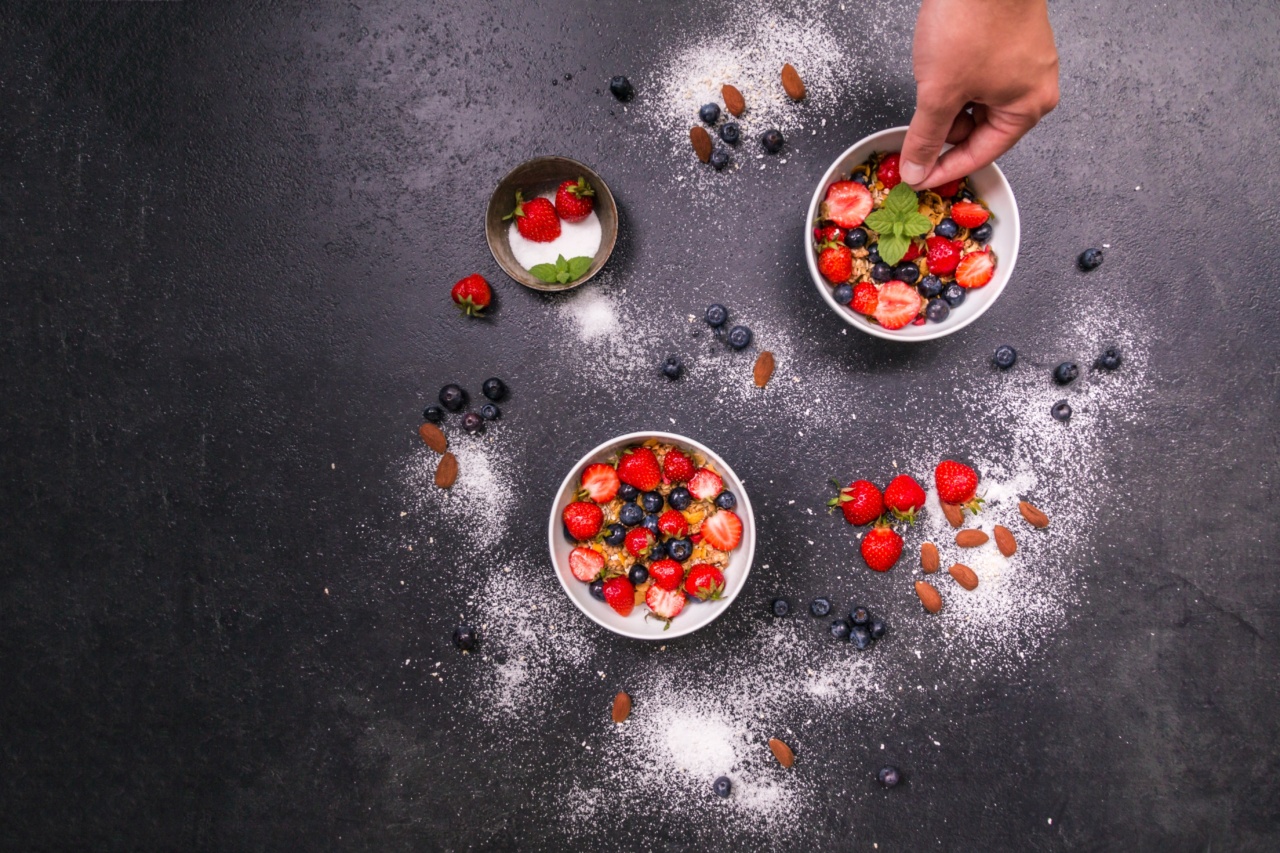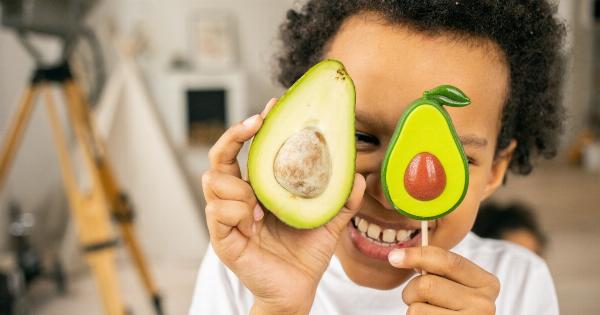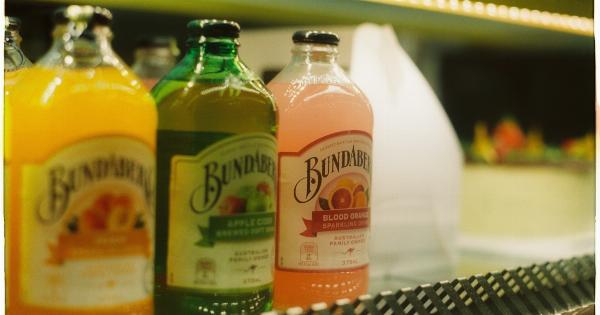Sugar is a popular ingredient found in many foods, but consuming too much of it can have detrimental effects on your health.
While it’s easy to identify sugary treats like cookies and soda as sources of high sugar content, there are several sneaky foods that contain excessive amounts of sugar without us even realizing it. In this article, we’ll explore ten such foods that can sabotage your health if consumed in excess.
1. Flavored Yogurt
Yogurt is often considered a healthy snack option, but flavored yogurt can be deceptive. Many fruit-flavored yogurts contain added sugars to enhance taste, which can contribute to weight gain, increased blood sugar levels, and even tooth decay.
Instead, opt for plain yogurt and add fresh fruits or a drizzle of honey for extra sweetness.
2. Granola Bars
Granola bars are commonly perceived as a nutritious and convenient snack, but they can be loaded with sugar, especially those that are marketed as energy bars.
Check the labels carefully before buying, as some granola bars can contain up to 15 grams of sugar per serving. Look for options that are low in added sugars, or even better, make your own granola bars at home using healthier ingredients.
3. BBQ Sauce
Barbecue sauce is a staple condiment in many households, but it can pack a surprising amount of sugar. Just a small serving of BBQ sauce can contain several teaspoons of sugar, which can quickly add up if you enjoy barbecue frequently.
Consider making your own sauce using natural sweeteners like honey or maple syrup, or opt for sugar-free alternatives available in stores.
4. Dried Fruit
Dried fruit is perceived as a healthy choice because it is a concentrated source of vitamins and minerals. However, the drying process removes water content, making the sugar in fruit more concentrated.
This means that eating a handful of dried fruit can result in consuming more sugar than you would by eating fresh fruit in the same quantity. Moderation is key when it comes to dried fruit consumption.
5. Sports Drinks
Sports drinks are marketed as a way to replenish electrolytes and provide energy after intense physical activity. However, most commercial sports drinks contain a significant amount of added sugar.
Unless you’re engaging in vigorous exercise for an extended period, water is generally sufficient to rehydrate your body without the unnecessary sugar intake.
6. Canned Soup
Canned soups can make for a quick and easy meal, but they often contain added sugars to enhance flavor. A single serving of canned tomato soup, for example, can have up to 10 grams of sugar.
Opt for homemade soups or those with reduced sodium and sugar content.
7. Salad Dressing
Salads are often considered a healthy meal choice, but be wary of the dressing you use. Many store-bought salad dressings are loaded with sugar and unhealthy fats.
Read the labels carefully and opt for dressings with minimal added sugars, or experiment with making your own dressings using healthier ingredients like vinegar, olive oil, and herbs.
8. Fruit Juice
Fruit juice is often mistaken as a healthy alternative to soda, but it can be just as damaging due to its high sugar content.
Even though fruit juices may contain some vitamins and minerals, they lack the fiber present in whole fruits that helps slow down sugar absorption. Instead of fruit juice, try consuming whole fruits or making fresh juice at home without adding any extra sugar.
9. Ketchup
Ketchup is a condiment that is widely used but is also surprisingly high in sugar. Just one tablespoon of ketchup can contain up to one teaspoon of sugar.
Opt for low-sugar or sugar-free alternatives, or better yet, make your own ketchup using ripe tomatoes and natural spices.
10. Breakfast Cereals
Breakfast cereals often marketed to be low in fat or high in fiber can be laden with sugar. Many popular cereals aimed at children or marketed as “healthy” can contain as much as 10 grams of sugar per serving.
Always check the nutritional labels and choose cereals with low sugar content and high fiber for a better start to your day.



























